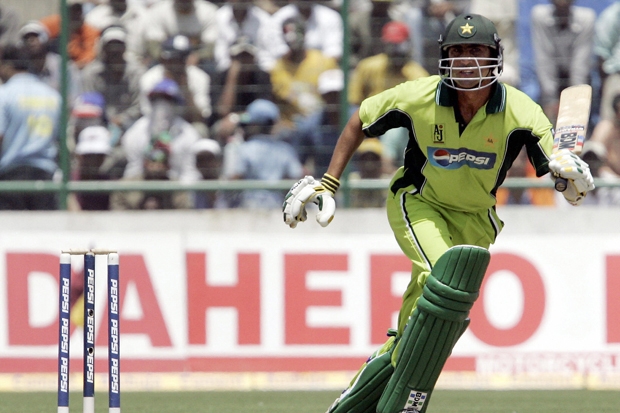There is farce in Peter Oborne’s history of cricket in Pakistan. An impossible umpire is abducted by drunken English tourists and imprisoned in their hotel. Political uncertainty leads to the selection of rival captains and players for the same match against New Zealand. An ageing Pakistan cricketer is ruled out of a one-day international after eating a surfeit of spinach.
There is tragedy, too. England toured Pakistan in 1968–69, during the strife which ultimately led to the bloody separation of West and East Pakistan (modern day Bangladesh). The players landed in Karachi, in West Pakistan, which was under a curfew. The tension was such that they were billeted in a hotel near the airport, should they need to escape. There was little cricket, save for a few games in the President of the Pakistan Cricket Board’s distant powerbase and an unsatisfactory Test match in Lahore, which was stopped prematurely by the edict of General Ayub Khan, the ailing dictator of Pakistan.
The tourists were then flown across the sub-continent for an unscheduled Test in Dacca (later Dhaka), which was in the middle of a war zone. General Ayub was losing control of his country; cricket was to be the means of reuniting it. The British government and the English cricket authorities were complicit in this dangerous political theatre. The Foreign Office told the players that the absence of Pakistan security forces in Dacca made the city safer because their presence only incited violence among the supporters of the separatist Awami League. The players saw things differently. Armed agitators patrolled the streets in search of ‘corrupt’ sympathisers of General Ayub. John Snow, the fast bowler, recalls how people were ‘bound and gagged and tossed into the river to drown’.








Comments
Join the debate for just £1 a month
Be part of the conversation with other Spectator readers by getting your first three months for £3.
UNLOCK ACCESS Just £1 a monthAlready a subscriber? Log in